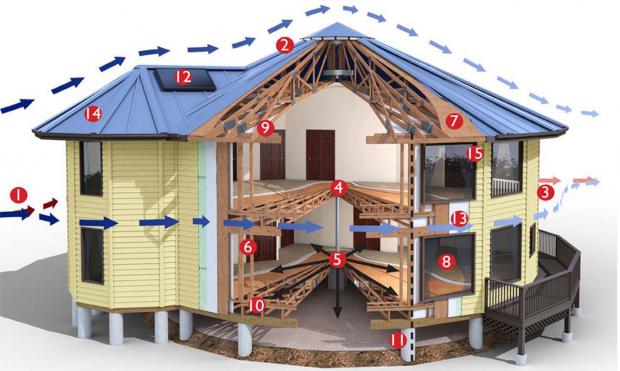
Breaking News
 Dr Pollan at Harvard has cured schizophrenia using keto diet
Dr Pollan at Harvard has cured schizophrenia using keto diet
 We are winning. Big Pharma is finding it too difficult to get new vaccines approved under Trump
We are winning. Big Pharma is finding it too difficult to get new vaccines approved under Trump
 Abortion drugs discovered in Bill Gates' vaccines
Abortion drugs discovered in Bill Gates' vaccines
 Ask yourself how we've gotten here, then ask yourself why no one seems to care.
Ask yourself how we've gotten here, then ask yourself why no one seems to care.
Top Tech News
 Drone-launching underwater drone hitches a ride on ship and sub hulls
Drone-launching underwater drone hitches a ride on ship and sub hulls
 Humanoid Robots Get "Brains" As Dual-Use Fears Mount
Humanoid Robots Get "Brains" As Dual-Use Fears Mount
 SpaceX Authorized to Increase High Speed Internet Download Speeds 5X Through 2026
SpaceX Authorized to Increase High Speed Internet Download Speeds 5X Through 2026
 Space AI is the Key to the Technological Singularity
Space AI is the Key to the Technological Singularity
 Velocitor X-1 eVTOL could be beating the traffic in just a year
Velocitor X-1 eVTOL could be beating the traffic in just a year
 Starlink smasher? China claims world's best high-powered microwave weapon
Starlink smasher? China claims world's best high-powered microwave weapon
 Wood scraps turn 'useless' desert sand into concrete
Wood scraps turn 'useless' desert sand into concrete
 Let's Do a Detailed Review of Zorin -- Is This Good for Ex-Windows Users?
Let's Do a Detailed Review of Zorin -- Is This Good for Ex-Windows Users?
 The World's First Sodium-Ion Battery EV Is A Winter Range Monster
The World's First Sodium-Ion Battery EV Is A Winter Range Monster
 China's CATL 5C Battery Breakthrough will Make Most Combustion Engine Vehicles OBSOLETE
China's CATL 5C Battery Breakthrough will Make Most Combustion Engine Vehicles OBSOLETE
Thousands of Circular Homes Are Surviving Hurricanes Across the US Thanks to...

When Hurricane Milton recently smashed into Florida's Crystal River, a peculiar house stood firm even while a neighbor's was heavily damaged by the powerful winds.
Owned by Gene Tener, it is one of 3,000 along the Gulf and Atlantic coasts of the US built by Deltec Homes, which use prefabricated parts to build hurricane-resistant homes.
Utilizing basic principles of aerodynamics, Deltec's homes are cylindrical and sit on stilts that reach deep into the bedrock below. Coupled with a conical roof, it means there is no surface where the wind can gain enough purchase to push the structure down.
Inside, roof and floor trusses span the building like spokes on a bicycle wheel, radiating energy out across the whole skeleton rather than letting it build up on a fixed point. Deltec's homes are designed to survive winds of 190 mph, higher than category 5, and just 30 mph below the strongest storm ever recorded in the Northern Hemisphere.
Mr. Tener's home has survived Hurricanes like Idalia, Milton, and Debby, and while it cost him more than twice as much as a normal home in his area, it meant he saved the necessity to pay $12,000 in flood insurance this year—and who knows how much in future years.
Deltec's homes can go from a low of $600,000 to over $2 million depending on the geography of the site, the size of the desired home, and potential additions like porches and decks.
"We started to ask ourselves the question: What would we have to do to design the home of the future?" Deltec President Steve Linton told CNN. "Because whatever we're building today, we obviously want it to be around for hundreds of years."
If climate change is in fact making storms more powerful more often, then overtime, millions of homes will be exposed to the dangers of wind and flooding having been built to withstand a class of hurricane that isn't the norm any longer.



